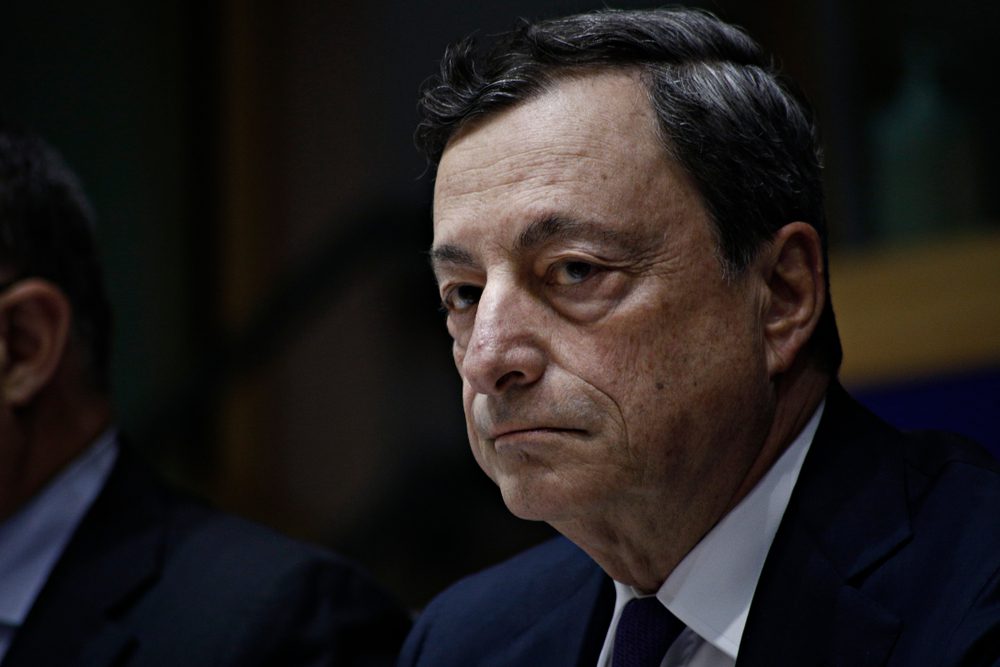
Mario Draghi’s government, weakened by the defection of the Movimento Cinque Stelle—the M5S, or 5-Star Movement—has been trying for many days to gather its forces to maintain its coalition government.
On Thursday, July 14th, the M5S refused to vote for a multi-billion euro emergency law, provoking a deep political crisis. Following this defection, Draghi considered that his unity government was no longer legitimate and presented his resignation to President Mattarella, but Mattarella refused it, forcing Draghi to remain in office and to find a satisfactory way out for all.
A new vote of confidence is being held in both houses of parliament on Wednesday, July 20th, and Thursday, July 21st. With this in mind, Mario Draghi addressed the senators from his government coalition, calling on them to show responsibility in order to “rebuild” a “pact of confidence.”
In his speech, the Italian Prime Minister had very harsh words for the coalition parties, which he accused of playing an irresponsible game by multiplying artificial conflicts against the will of the Italians, who aspire to stability. On several occasions in his speech, he contrasted “the parties and the parliamentarians” with “the Italians.” The polls prove him right: the majority of Italians want to maintain a government headed by Mario Draghi, even while divided on its composition, with or without M5S.
Mario Draghi was keen to send very clear messages to his uncertain allies from the M5S to reassure them. The leader of the M5S, Giuseppe Conte, has in the past few days denounced the insufficient consideration given to his party’s political priorities, such as the introduction of a minimum wage. Before the Senate, Draghi expressed his favour of this objective: “this is the direction in which we must move, with the social partners,” he explained.
In doing so, Draghi dismissed out of hand the demands of the Lega and Forza Italia for a change of direction and political personnel. Draghi prefers to play the continuity card with his current government, both internationally and in terms of public finance management. Senator Casini has proposed a resolution that clearly moves in this direction, stating that “after listening to the prime minister’s arguments, the Senate approves them.” Unfortunately, in all likelihood, this resolution is bound to fail with the Lega, Forza Italia, and the other small centrist formations participating in the government.
Following Mario Draghi’s speech, each parliamentary group had to take a position on its support for the government—that is, adopting (or not), Casini’s resolution.
Although Draghi obtained a relative majority, he failed to win the confidence of the main parties, which refused to reunite behind his banner. The Lega, Forza Italia, and the M5S didn’t vote to support him. For MP Enrico Letta from the Democrat Party, this vote positions the parliament in opposition to the Italians.
Since the prime minister has lost the confidence of parliamentarians, President Sergio Mattarella will have to dissolve parliament and call early legislative elections in the autumn.
